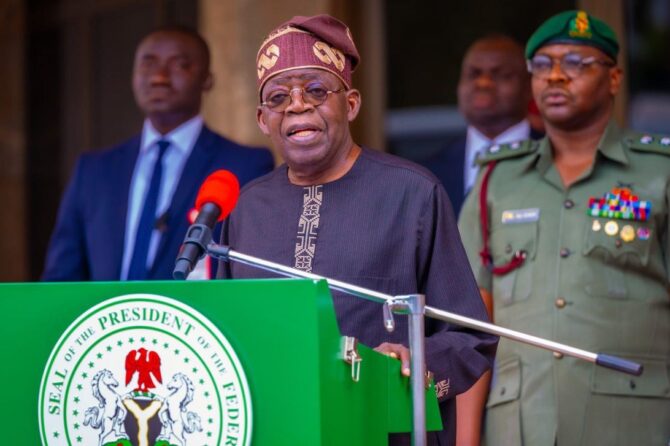Nigeria’s Defence Chief Proposes Fencing Borders to Curb Insecurity
Abuja, June 3, 2025 – Nigeria’s Chief of Defence Staff, General Christopher Musa, has publicly proposed the complete fencing of Nigeria’s borders with its four neighbouring countries as a strategic measure to curb the infiltration of armed groups and tackle escalating insecurity across the country.
Speaking at a security conference in Abuja on Tuesday, General Musa emphasized the critical importance of border management for Nigeria’s survival and sovereignty. He cited successful examples from other nations, such as Pakistan’s 1,350 km fence along its border with Afghanistan and Saudi Arabia’s 1,400 km barrier with Iraq, as models Nigeria could emulate.
“Other countries facing significant insecurity have had to secure their borders. It is Nigeria that everyone is focused on. That’s why it’s essential for us to secure and assert control over our borders,” Musa said.
Security Challenges Driving the Proposal
Nigeria has been grappling with a 16-year insurgency in the northeast, primarily led by Boko Haram and its splinter group, the Islamic State West Africa Province (ISWAP). The ongoing violence has resulted in numerous attacks on both civilians and security personnel, displacing tens of thousands of people.
The country shares borders with Niger Republic, Cameroon, Benin, and Chad — all of which face their own security challenges amid intensifying militant activities in the Sahel region. Nigeria’s longest border is with Cameroon, stretching nearly 1,975 km, a known hotspot for Boko Haram operations. It also shares a 1,500 km border with Niger and an 85 km border with Chad, both affected by territorial incursions from armed groups.
General Musa warned that Nigeria’s perceived economic strength makes it an attractive target for militants and foreign fighters.
“It is Nigeria that everybody is interested in. That is why we need to secure fully and take control of our borders,” he stated.
Implications and Challenges
The call to fence Nigeria’s extensive borders marks a significant escalation in the country’s approach to national security. While the practicalities and financial costs of such an undertaking would be substantial, the proposal underscores the urgency of addressing porous borders that facilitate the movement of insurgents, arms, and illicit goods.
Security experts note that fencing could help reduce cross-border smuggling and militant infiltration, but it must be complemented by enhanced surveillance, intelligence sharing, and regional cooperation.
Background
Nigeria’s military is currently stretched thin battling widespread insecurity, including insurgency in the northeast, banditry in the northwest, and communal clashes in central states. The border fencing proposal is part of broader efforts to strengthen national security and protect Nigerian citizens.

















